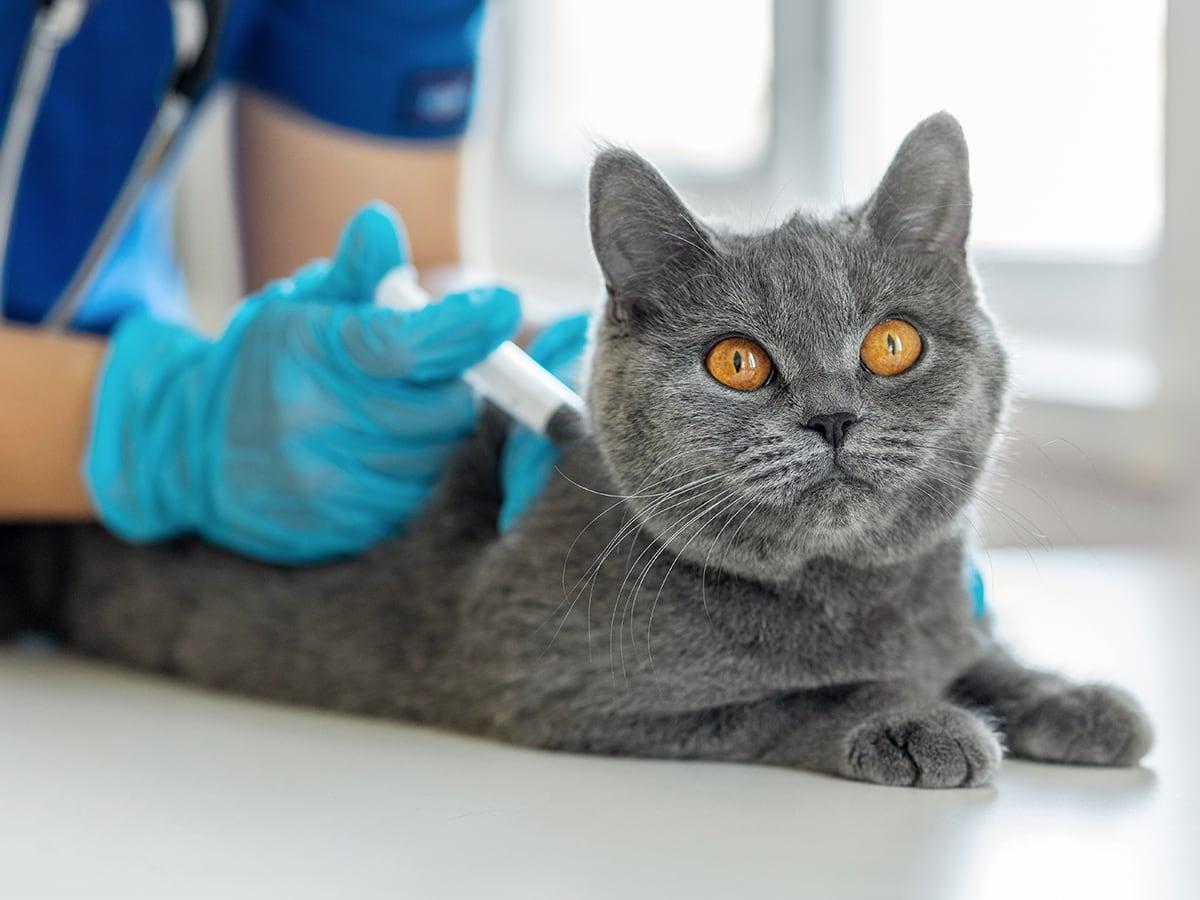Pet insurance can be an important tool for pet owners who want to help ensure that their pets can receive the best possible care with less worry about the cost. While most pet insurance plans cover unexpected illnesses and accidents, many pet owners wonder whether pet insurance covers vaccines. In this blog post, we will explore whether or not dog insurance or cat insurance covers vaccines and what you should know about pet insurance policies.
What Are Vaccines?
Vaccines are a type of preventive medicine that helps protect pets from infectious diseases. Vaccines work by exposing the pet's immune system to a harmless form of the disease, which then triggers the body to produce antibodies that fight the disease. These antibodies stay in the pet's system and help protect them from the disease if they’re exposed to it later on.
Vaccines are an essential part of preventive care for pets. Regular vaccinations can help protect your pet from serious illnesses, including distemper, parvovirus, rabies, and others. A licensed veterinarian typically administers them, and the cost of the vaccine is usually separate from the cost of the veterinary visit. Read more about is pet insurance worth it.
Why Do Pet Vaccines Matter?
Pet vaccines are essential for keeping your furry family members healthy and free from preventable diseases. Vaccines work by stimulating the immune system to produce antibodies against a specific disease. If the pet is exposed to the disease in the future, its immune system is better prepared to fight it off. Learn more about if pet insurance covers spaying and neutering, as vaccines are very important if you want to spay or neuter your pet.
5 Reasons Why Pet Vaccines Matter:
They can prevent diseases: Vaccines help protect pets from serious and potentially life-threatening diseases. For example, dogs can be vaccinated against rabies, distemper, parvovirus, and other diseases. Cats can be vaccinated against rabies, feline herpes virus, calicivirus, and other diseases. Vaccines are one of the most effective ways to prevent the spread of certain infectious diseases.
They protect other animals: Vaccines not only protect the individual pet that receives them, but they also protect other animals that come into contact with the vaccinated pet. This is especially important for diseases that are highly contagious and easily spread among animals, such as rabies.
They are required by law: In many areas, pets are required by law to be vaccinated against certain diseases. For example, in Canada, all dogs are required to be vaccinated against rabies, and failure to comply with this requirement can result in fines or other penalties.
They are cost-effective: While the cost of vaccines may seem high initially, they can be much less expensive than treating a pet for a serious disease. Preventive care is usually less expensive than emergency care, and vaccines are an important part of preventive care.
They are safe: Vaccines have been thoroughly tested and are considered safe for most pets. Serious side effects are rare, and most pets do not experience adverse reactions to vaccines.
Does Pet Insurance Typically cover Vaccines?
The answer to whether or not pet insurance covers vaccines depends on the specific plan you have. Some pet insurance plans may offer coverage for the cost of vaccinations for an extra cost with a preventive add-on, while others may not offer any coverage for them. It's important to read the fine print of your pet insurance policy to understand what is and is not covered. Learn more about what does pet insurance cover and how does pet insurance work.
In general, most base-level pet insurance plans do not cover routine or preventive care, including vaccinations. However, some providers may offer an optional add-ons that can help cover routine veterinary care services such as vaccinations, spaying/neutering, and annual wellness exams. Preventive care plans typically cost extra and are not included in the base policy. With Spot’s preventive coverage options, there are no waiting periods applicable.
It's important to note that even if your pet's insurance policy does not cover vaccinations, it is still important to keep your pet up to date on their vaccinations. Regular vaccinations are an essential part of preventive care for pets and can help protect them from serious illnesses. Know more about what are pre-existing conditions in pet insurance.
Do Spot Pet Insurance Plans Cover Vaccines?
While Spot plans do not cover vaccinations as a part of our standard policy, we do offer coverage for certain vaccines under our optional preventive care add-ons for an additional cost. Know more about whether I should get pet insurance.
In conclusion, pet vaccines are important for helping to prevent serious diseases and keeping pets healthy. With a variety of coverage options, an easy claims process, and the ability to use any licensed vet in Canada and the U.S., Spot Pet Insurance plans are a great choice for pet owners looking for reliable and affordable pet insurance coverage options. Consult with your veterinarian to develop a vaccination schedule for your pet that is appropriate for their age, lifestyle, and overall health. View the most frequently asked pet insurance FAQs.

With 15 years as a dog and cat parent, my pet articles are a mix of humor and firsthand experience - proof that the best stories often come with paws and purrs.
"Information for Veterinarians," City of Toronto, https://www.toronto.ca/community-people/health-wellness-care/health-programs-advice/animals-and-infectious-diseases/information-for-veterinarians/information-for-veterinarians-animals-imported-into-canada, n.d.











